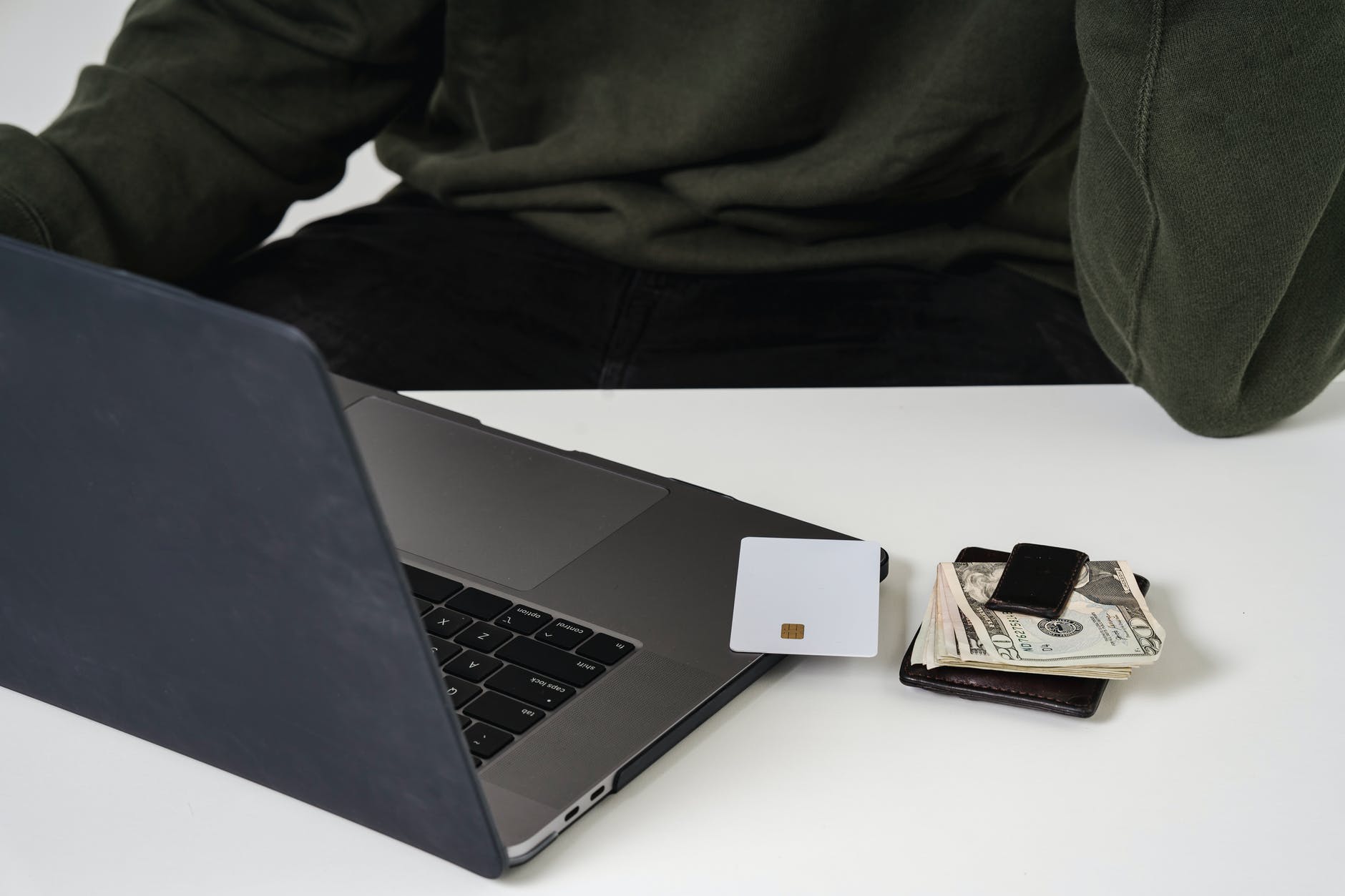
Yes, your credit score is damaged, but you’re determined to do something about it. After all, you can’t make many forward moves in life. Bad credit can affect the nature of your housing, the kind of vehicle your drive, and even your employment.
So, congratulations on your conviction.
However, you don’t have a lot of money to pay an agency to help improve your scores, but you wonder how much you can do by yourself. To you, it’s a quandary: is it smart to pay for credit repair?
The Limits of a Credit Repair Clinic
Your credit score is comprised of a large amount of financial information, collected over many years. It is illegal to hide or remove this information from your records, as it gives lenders and creditors an accurate understanding of your identity as a debtor. For this reason, as much as you wish it so, credit repair clinics are unable to remove information from your reports that are, in fact, true.
What Can a Credit Repair Clinic Do for You?
Although a credit repair clinic cannot alter the factual info in your credit records, negative though it may be, they may be able to help you find errors on your report, or so inundate creditors with questions such as those concerning a debt’s validity that the creditors “give in” and remove the info in question.
Doing it Yourself
The first step is to get your credit reports. You’re due free reports each year from each of the major credit reporting agencies. As you review them, try to figure out what’s bringing your scores down. Are you using too much of your credit, negatively affecting your utilization rate? If you are, you’re basically signaling to lenders that you may not be able to afford more credit.
Of course, you make sure that you are repaying your debts. Try to find a day each month, or even each week, when you pay off all your credit cards, and other debts, if you have them. Make sure to not live beyond your means so that you can pay off your monthly bills, instead of struggling to pay the bare minimums. Paying your debts on time is the single most important factor on your credit score.
Here’s the thing though, the only thing credit repair can do is get errors off of your reports. If all the data is accurate, there’s nothing to be done.
Avoid Closing Accounts
Keep in mind the number of credit account that you have. It is a good idea to keep one or two accounts open, but if you have a lot of debt on a lot of accounts, this indicates that you are not in a financially sound place. Do not simply close credit cards, if you can help it. If you’re trying to build or rebuild credit, pick a bill each month, your cell phone bill, perhaps, and pay it with a credit card to demonstrate to creditors that you can spend and borrow money. Again, if you’re going this route, be sure to pay your bill off each month to avoid getting yourself in even worse trouble.
Also, if you do not have your spending under control before you seek to bring your credit scores up, the latter is a fool’s errand. Establish a budget and stick to it. Doing so will also let you see where your money’s going. It might even be worthwhile to look into credit card debt relief programs if your bills are getting tough to handle. You can learn more about those at the Freedom Debt Relief web site.
You Can Do it Yourself
While staring down, and improving, a damaged credit report can feel overwhelming, it’s important for you to keep in mind that you have all the tools to do so yourself. And if there’s negative, but factual, info on your report? You’ll just have to wait until that info drops off automatically over time.
So, does it make sense to pay for credit repair? Well, if you don’t have the time or inclination to tackle it yourself, or if you have funds that you don’t mind spending on such as effort, go ahead. Just be sure they’re using ethical practices.
Otherwise, there’s nothing an agency can do that you can’t do yourself.
***

